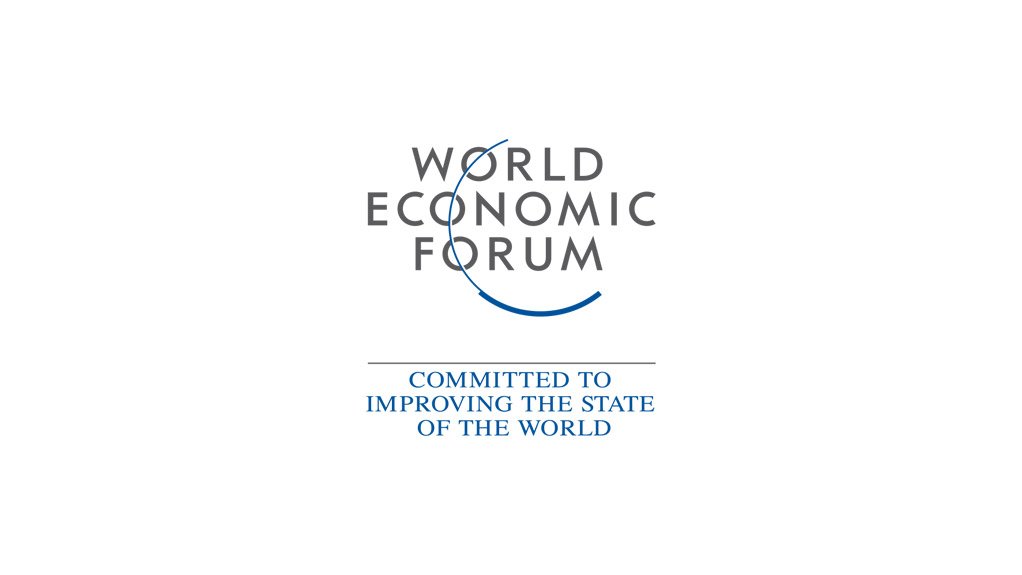In politics, short-term considerations often trump the long-term imperative. Even more so in times of crisis. But regardless of the severe geopolitical fallout that Ukraine’s leaders need to manage, they must not lose sight of the foundations needed for Ukraine’s post-crisis economic development.
The long-term imperative of improved institutions, good governance and a business climate that facilitates the modernization of Ukraine’s ailing economy looms large over the current situation. It was, after all, frustration over widespread corruption and lacklustre economic progress that fuelled the popular upheaval that has now given rise to a new political order.
This leads us to the present juncture, where tensions over Crimea and the territorial integrity of Ukraine rightfully occupy the minds of decision-makers while the need for them to focus on rapid economic reform could not be more urgent.
As much as today’s geopolitical standoff may portray the Ukraine crisis as a choice between East or West, the popular upheaval has been primarily a striving for better governance, more effective institutions and a state that first and foremost serves its people. It is as much about geoeconomics as geopolitics. In this sense, achieving a sustainable growth path with benefits distributed equally across society could be the most effective way of rebuilding trust within Ukraine’s fractured economy.
Ukraine’s leaders must not lose sight of this, however difficult that may be while responding to the immense challenges at hand. Despite boundless potential as Europe’s sixth largest consumer market, an impending leader in global food value chains, or even as a technology and energy hub, Ukraine’s weak institutions and poor investment climate have so far succeeded in no more than stifling progress in all sectors of the economy.
A sustained rebound could change this if built on genuine stakeholder support for strategic, comprehensive, and most importantly inclusive, reform. These are the characteristics that could unlock a Virtuous Circle within the economy, with strategic reforms and comprehensive institutional change underpinning a wholesale review of the social contract between society, the business community and the state.
In this version of the future a more transparent, focused and accountable Ukraine, liberated from red tape and a controlling state, would be able to unlock private investment and allow business activities to thrive through the stimulus of competition rather than political patronage.
This is a scenario in which concerted action by all stakeholders in society creates an environment that allows the country to capitalize on its large domestic market, resource endowments and highly educated workforce. Its location at the gateway between Europe and Eurasia would also become an asset rather than a liability.
But it is also unequivocally clear that to unlock this virtuous circle, new divisions need to be avoided and existing fractures overcome. Only an inclusive process, driven by the cooperation of all segments of society and building trust with all its external partners, can ultimately provide the environment in which these fundamental changes may take place. Given Ukraine’s geographical location, history and economic structure, the idea that it can “choose” between West or East is flawed. A future, stable Ukraine needs strong and lasting ties in both directions.
While the popular upheaval is driven by the hope for fundamental change, the escalating crisis now brings the danger of stagnation and restoration of vested interests. Any inability to act decisively and concertedly across society will only plunge the country deeper into stagnation as reforms are delayed and economic distress festers.
There can be no compromise. Change, imposed from the top down and based on the existing alliance between big business and government, may initially allow the country to recover quickly but will not suffice to build a base broad and dynamic enough to sustain Ukraine’s recovery.
While most actors acknowledge this long-term imperative, acting accordingly in the current political context is a mammoth task. For Ukraine to succeed in building a strong and prosperous economy, however, it must act today to lay the foundations for improved institutions and governance or risk chasing an ever more elusive goal.
Originally published on European Voice.
Author: Espen Barth Eide is Managing Director at the World Economic Forum
The World Economic Forum report, Scenarios on Ukraine: Reforming institutions, strengthening the economy after the crisis, was published 11 April.
EMAIL THIS ARTICLE SAVE THIS ARTICLE
To subscribe email subscriptions@creamermedia.co.za or click here
To advertise email advertising@creamermedia.co.za or click here











